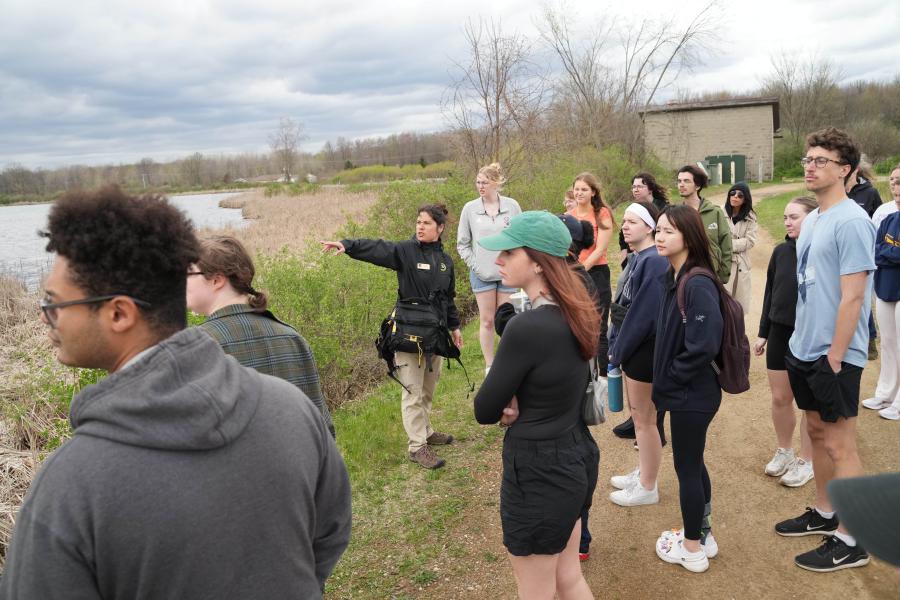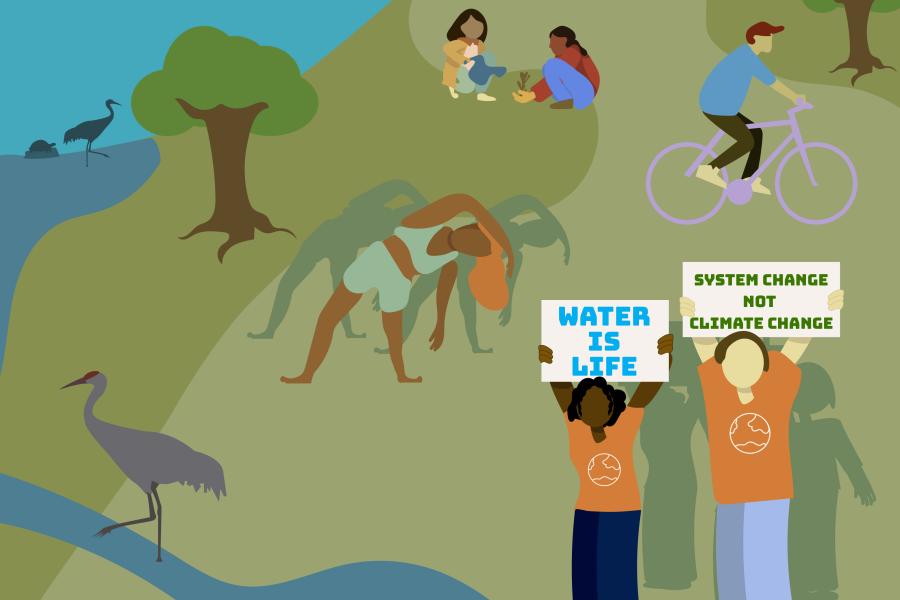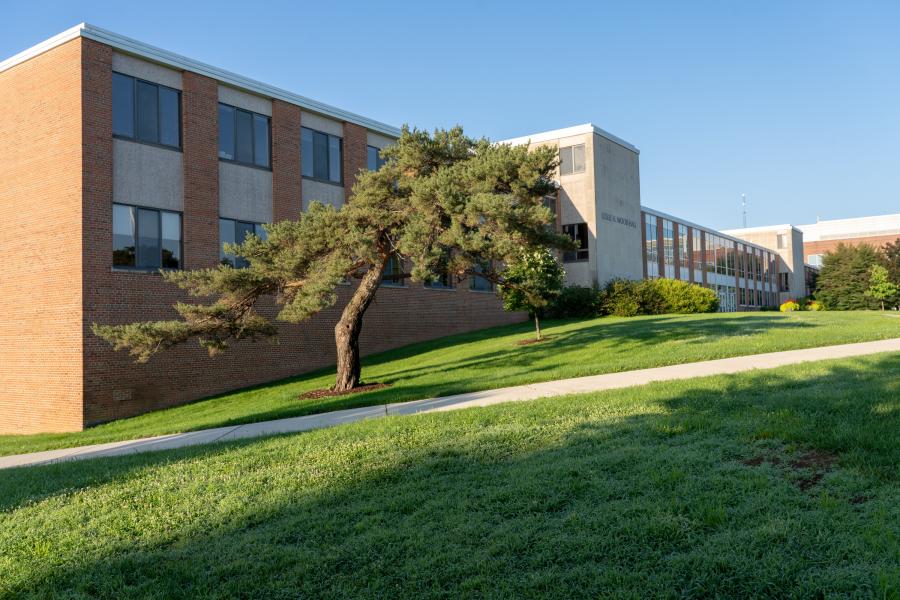9 of 10
Broncos are employed quickly, working in their field in jobs they like
96%
of environmental, geography and sustainability graduates are working or continuing their education
93%
of environment, geography and sustainability graduates participated in experience-driven learning
What you'll learn
As a student at the School of Environment, Geography, and Sustainability, you will be bold, curious and creative citizens and stewards who seek just and sustainable solutions to society’s pressing environmental and sustainability issues.
You will acquire essential interdisciplinary knowledge about global environmental and sustainability issues in the following realms:
- Environmental sciences and humanities: Explore cultural forces that affect resource use and social systems. Get hands-on field and lab experience and connect concepts of ecosystem studies to a changing climate.
- Social sciences: Examine social, economic and political systems that determine human-ecological interactions.
- Experience-driven learning: Apply knowledge and skills to real-life issues, including the application of geospatial technologies.
Where you'll be after graduation
We'll give you a deep understanding of resiliency, adaptability and sustainability to promote and apply in your future profession. Students who have graduated from our programs at Western have gone on to build professional careers as:
- Directors of nonprofit organizations
- Directors of governmental agencies
- Consultants
- Field technicians
- Laboratory technicians
The organizations they work for include:
- U.S. Fish and Wildlife Service
- U.S. Forest Service
- Pierce Cedar Creek Institute
- SET Environmental
- Van Buren Conservation District
- Wolf Lake State Fish Hatchery
- MI Department of Transportation
- City of Kalamazoo
- Wightman and Associates
- Bureau of Land Management
- Wildcare Foundation (Oklahoma)
- Kalamazoo Nature Center

News

Internationally regarded geographer honored as WMU's Emerging Scholar

Professor honored for her service, commitment to students

Educator honored with Emerging Scholar Award for impactful research

Researchers discover role Saharan dust plays in hurricane rainfall

Semester-long series at WMU focuses on climate crisis, inspiring change

School of Environment, Geography, and Sustainability reimagines environmental education and scholarship at WMU

New School of Environment, Geography and Sustainability positions WMU for the future
Resources and experiences
At the School of Environment, Geography, and Sustainability, you’ll find opportunities that extend far beyond the classroom. Access scholarships to support your studies, connect with career resources and advising, and gain hands-on experience through internships, fellowships, and study abroad programs. From environmental research on the Great Lakes to conservation projects around the globe, you’ll develop the skills, perspectives, and connections to thrive in your field.










